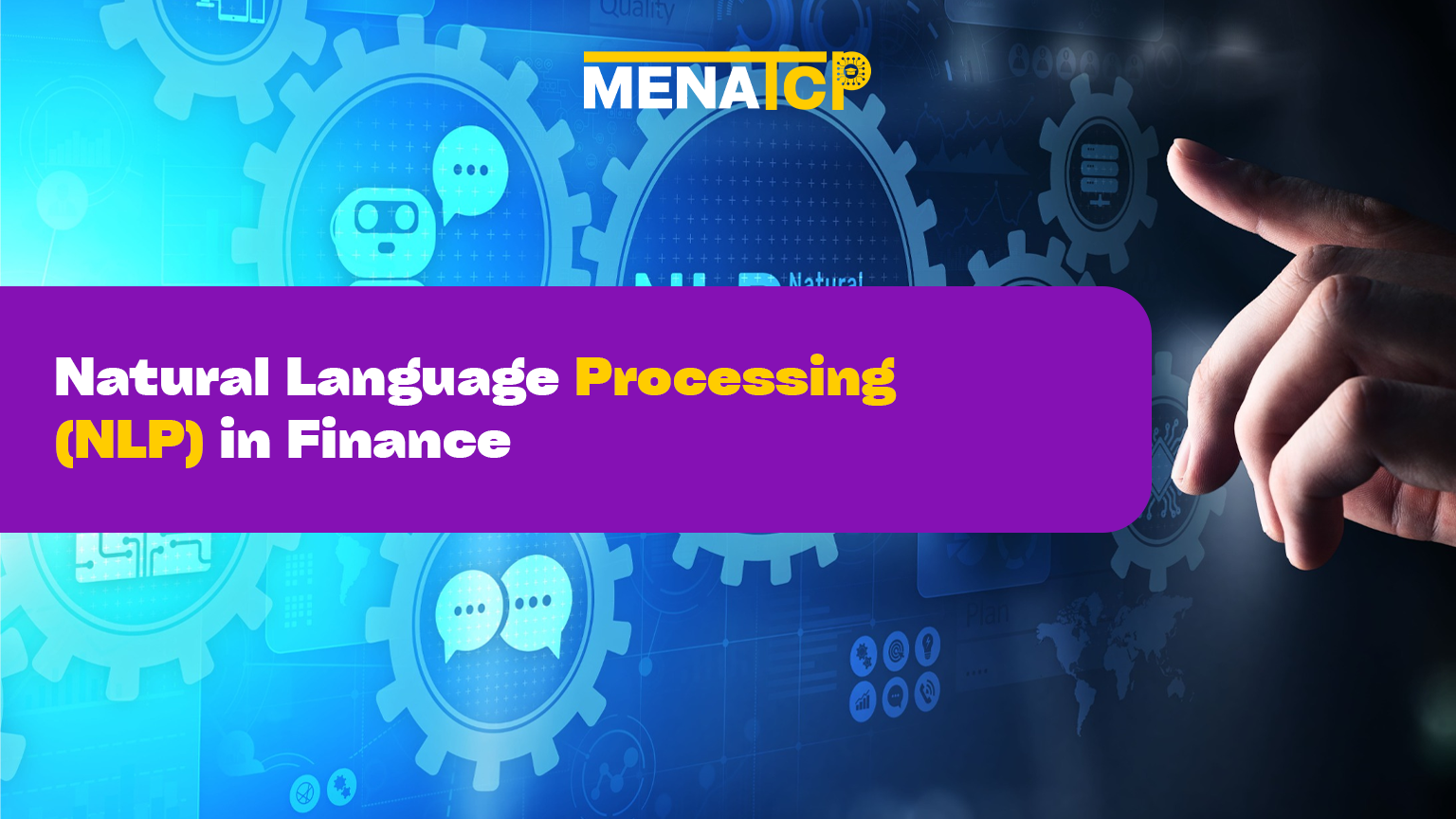
Natural Language Processing (NLP), a branch of artificial intelligence, focuses on enabling computers to understand, interpret, and generate human language. It is particularly valuable for analyzing unstructured data in finance, where NLP algorithms can process textual information, extract key details, identify trends, and uncover actionable insights.
For the finance industry, NLP has revolutionized data analysis by automating tasks, enhancing decision-making capabilities, and revealing critical patterns that would be challenging to identify manually. With advancements in AI and NLP technologies, finance professionals are adopting more efficient and precise methods for analyzing data. The benefits of AI in accounting and finance are driving a transformative shift in how insights are generated and utilized.
In short, Natural Language Processing (or NLP) means the ability of computers to understand, interpret and generate human-like language, both written and spoken. In this blog we will discover the applications of NLP in finance.
Financial data is often presented in diverse formats, including news articles, research reports, earnings transcripts, and social media posts. A significant portion of this data is unstructured, making it difficult to analyze using traditional approaches. By leveraging AI tools for accounting and finance, particularly Natural Language Processing (NLP), businesses can extract meaningful insights from this unstructured data.
NLP algorithms, a key application of artificial intelligence in accounting and finance, enable tasks such as sentiment analysis, topic modeling, and named entity recognition. These capabilities allow financial analysts to quickly identify trends, risks, and opportunities in real time. Among the many benefits of AI in accounting, the ability to process unstructured data efficiently stands out, driving faster, more informed decision-making in the financial sector.
2. Automating Regulatory Compliance
Compliance with regulatory frameworks is vital in the finance industry, and AI tools for accounting and finance are transforming how organizations manage this critical function. Using artificial intelligence in accounting, specifically Natural Language Processing (NLP), compliance officers can automate the review and analysis of regulatory documents like SEC filings and compliance reports.
NLP algorithms, an essential part of artificial intelligence in accounting and finance, enable the identification of potential violations, anomalies, and patterns in extensive text data. This ensures adherence to regulatory requirements while minimizing manual effort.
This automated process saves the compliance team countless hours of manual work that would have otherwise been spent on reading and analyzing the regulatory documents.
Investment research is a cornerstone of financial analysis, and AI tools for accounting and finance are revolutionizing how professionals gather and interpret data. Artificial intelligence in accounting and finance, particularly NLP-powered tools, enables the analysis of vast amounts of financial data, such as company reports, financial statements, and market research, to deliver actionable insights for investment decision-making.
Additionally, NLP-powered tools performed sentiment analysis on market research and news articles, helping the team direct public and industry sentiment towards the company. By integrating quantitative data with qualitative insights, the team made more informed decisions, optimizing portfolio performance. Among the many benefits of AI in accounting, the ability to process large datasets quickly and provide comprehensive insights stands out as a game-changer for investment research and decision-making.
Fraud detection is a critical challenge in the banking sector, particularly due to the increasing complexity of fraudulent activities. With the vast volume of loan applications to evaluate, banks face the daunting task of identifying potential fraud cases efficiently.
Leveraging AI tools for accounting and finance, specifically Natural Language Processing (NLP) and machine learning, offers an innovative solution. NLP algorithms can automate parts of the review process by analyzing documents such as account activity history, credit reports, transaction details, and income records. These systems extract relevant data, which is then processed by machine learning models, such as logistic regression, trained on historical data of genuine and fraudulent applications.
This combination of artificial intelligence in accounting and finance enhances fraud detection capabilities by reducing manual effort and improving accuracy.
In conclusion, Natural Language Processing (NLP) is transforming the finance industry by enhancing the ability to analyze vast amounts of unstructured data quickly and accurately. By utilizing AI tools for accounting and finance, financial professionals can gain valuable insights, automate processes, and improve decision-making. Artificial intelligence in accounting offers powerful solutions for tasks like sentiment analysis, fraud detection, and risk management. And by leveraging AI in these tasks it increases efficiency and accuracy.
© MENATCP, 2025. All Rights Reserved | Developed by MG Digital